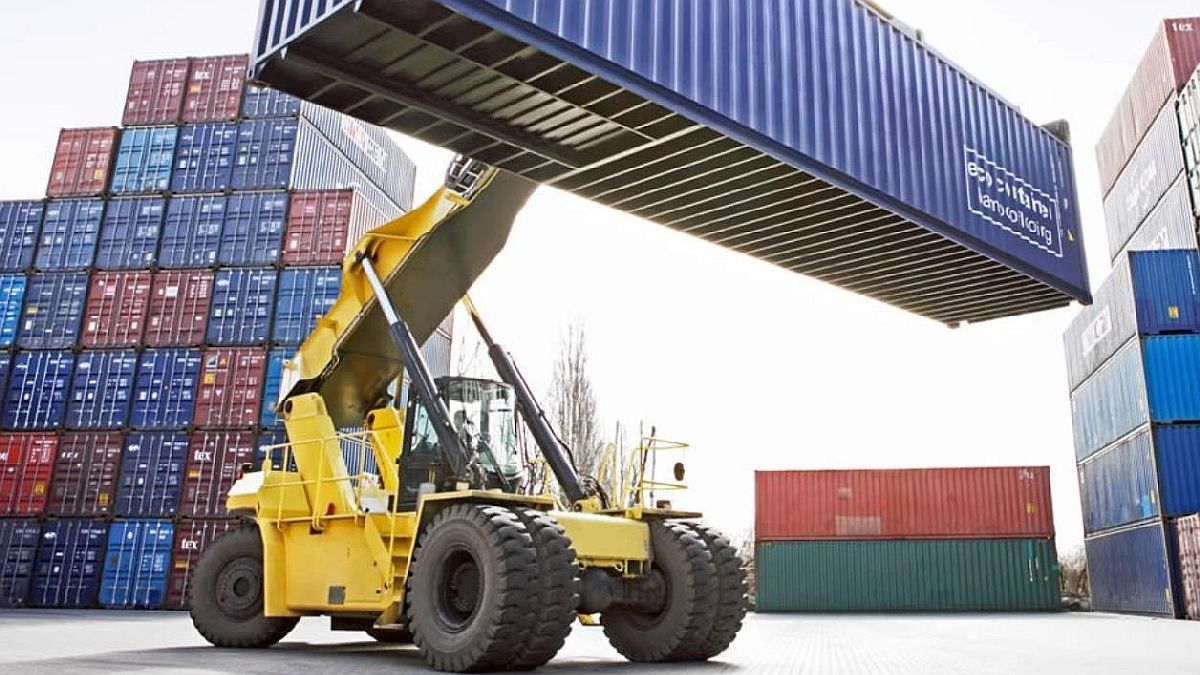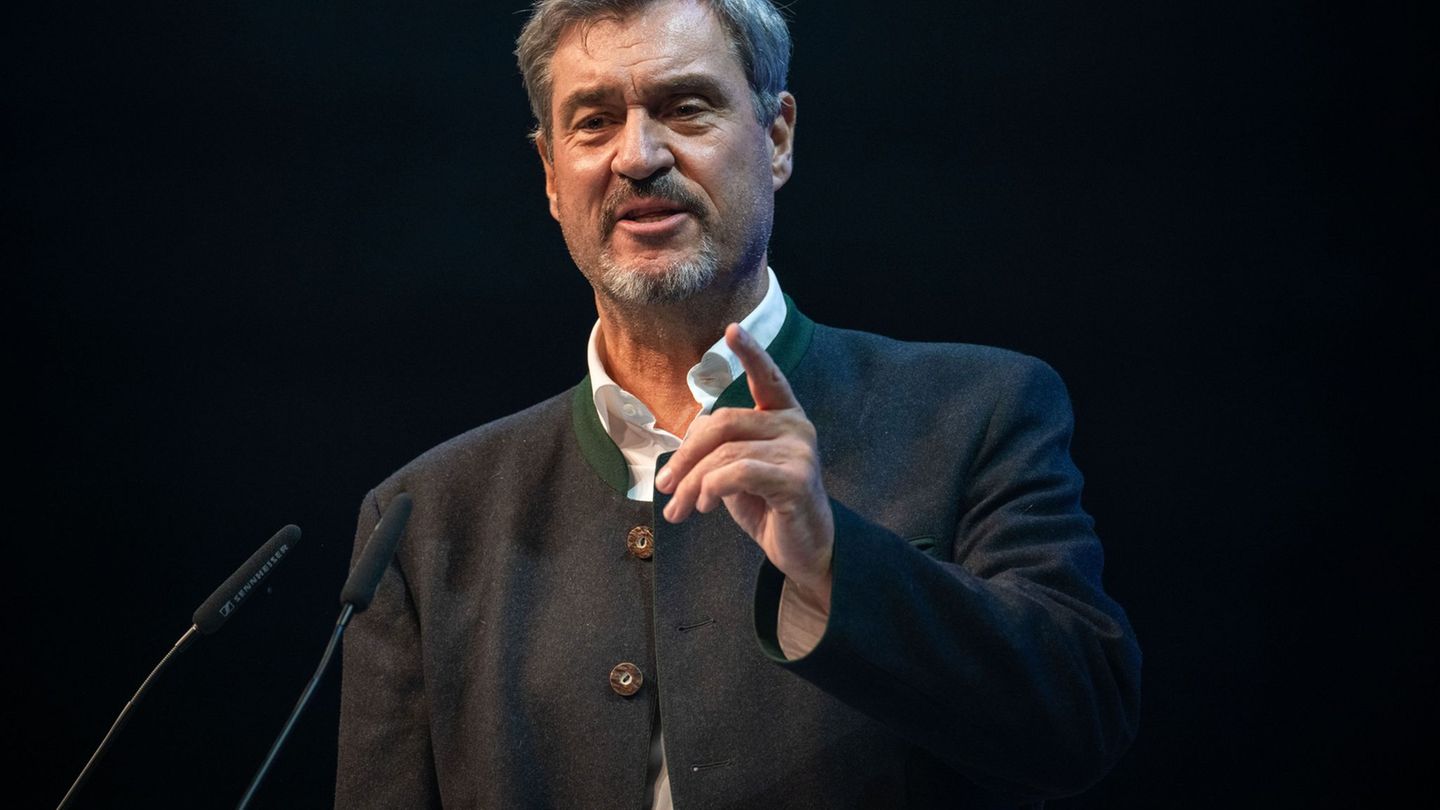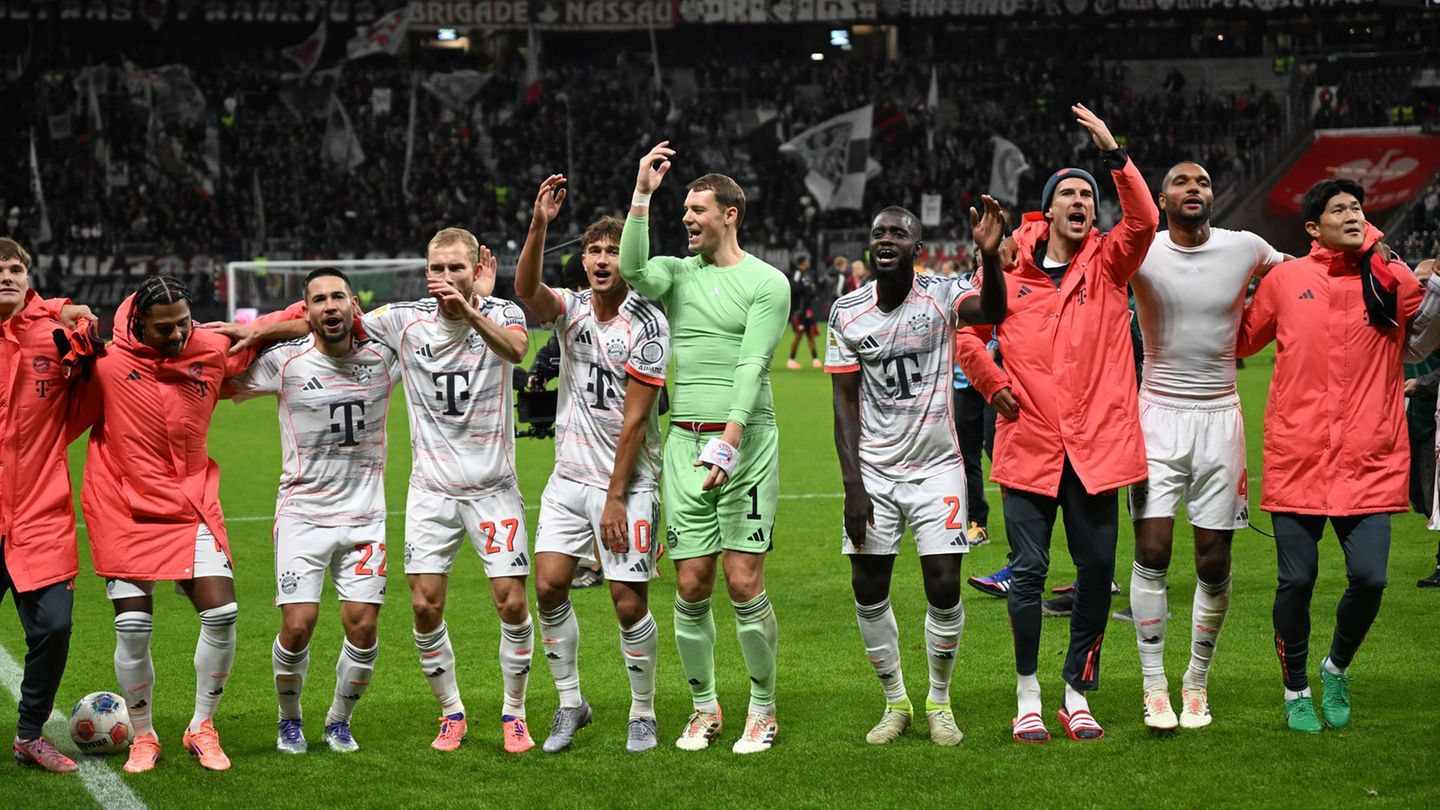The tour will start next Thursday. The head of the productive portfolio will be accompanied by the president of the Argentine Industrial Union (UIA), Daniel Funes de Rioja, and the governor of Entre Ríos, Gustavo Bordet. Small and medium-sized companies from that province will complete the official delegation. “In the last 15 years, Argentina had a deficit of US $ 52,000 million with respect to Brazil. To reverse it, you do not have to buy less, but sell more and in that the role of regional economies is essential,” official sources said. .
As Ámbito learned, the work agenda includes a series of business rounds with brazilian firms to achieve the installation of local products in the market. A meeting is also planned with Josué Gomes da Silva, president of the Federation of Industries of the State of São Paulo (FIESP), one of the most important business entities in Brazil.
Outside of that agenda, attention will be focused on the search for a mechanism to minimize the impact of the bilateral balance on reserves. After a 2021 in which the trend was reversed and a surplus of US$66 million was reached, In the first four months of 2022 alone, a negative balance of US$1,095 million was accumulated. Although the trend could be reversed in the second semester, official estimates indicate that this year the final account will once again close in the red for Argentina. The Government’s idea, then, is to offset part of that deficit in transactions that do not involve the use of dollars.
Against the clock, the economic cabinet analyzes all the available tools to go through the next two months with strong restrictions. In addition to the historical problem of lack of foreign currency, until September there will be a greater outflow of dollars, some US$2 billion per month, via energy imports and a marked delay in the soy settlement.
Attention is now focused on building mechanisms that ease access to the Single Free Exchange Market for companies that need to import inputs to produce in the country. Scioli aims to provide signs in this regard in the coming weeks. “We want to generate certainty to continue promoting the increase in employment and investment,” he summarizes in the surroundings of the former Buenos Aires governor.
At the end of last week, the monetary entity led by Miguel Pesce, regulated the relaxation of access to the MULC for the importation of auto parts, fertilizers and phytosanitary products. The next measures could again be implemented in that way: “Sector by sector and company by company”.
Source: Ambito
David William is a talented author who has made a name for himself in the world of writing. He is a professional author who writes on a wide range of topics, from general interest to opinion news. David is currently working as a writer at 24 hours worlds where he brings his unique perspective and in-depth research to his articles, making them both informative and engaging.




